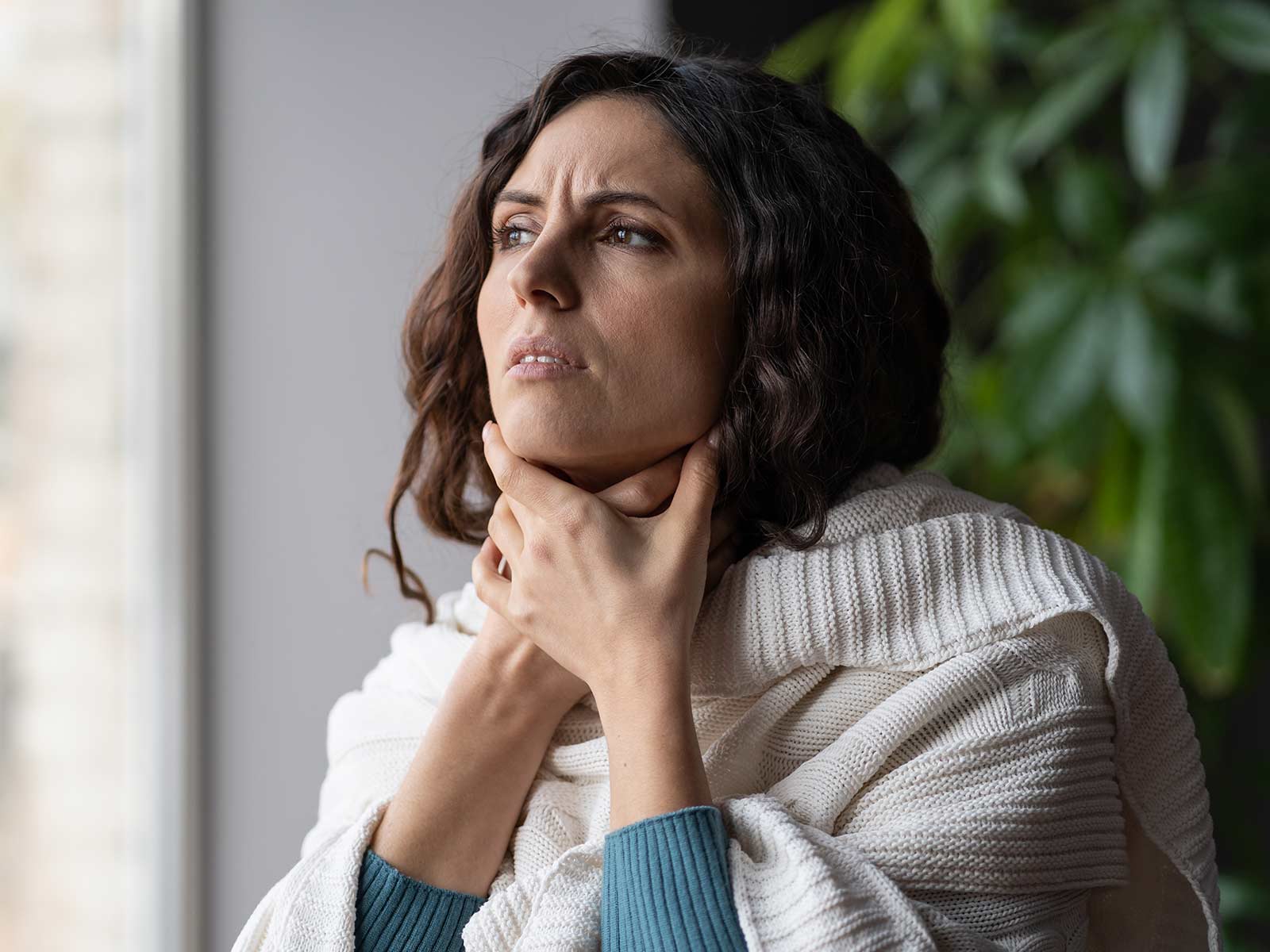
An esophagus stricture is a constriction of the esophagus—or the tube of muscle that transfers food and fluid in your mouth to your stomach. This constriction normally occurs as scar tissue or chronic inflammation become accumulated thus introducing slowness, discomfort, or even pain to the swallowing process. Timely diagnosis and treatment will help you to eat more comfortably and avoid complications.
Symptoms begin in mild form and get oriented with time. Watch for:
Esophageal stricture is a result of extended irritation or damage of the esophageal mucous membrane. Typical causes of it are:
Our GastroDoxs gastroenterologists in Houston are specialists with esophagoscopic strictures. We provide our patients with the latest advances in endoscopic dilation and minimal invasive therapies integrating them with the benefits of personalized, caring service. You can have the benefit of same-day or next-day appointments, advanced treatment choices and a staff dedicated to fixing your comfortable swallowing and level of life. Take no slurs by the rag-book and stake your consultation now.
We've successfully treated more than 677 patients, helping individuals improve their digestive health and overall well-being through expert, personalized care.
With over 20 years of experience, GastroDoxs has been a trusted provider of gastroenterology care, focusing on delivering the best outcomes for patients
An esophageal stricture is defined as an esophagus thinning due to scar tissue or inflammation complicating the process of swallowing.
Strictures typically occur in an esophagus as a result of chronic acid reflux (GERD), although may be induced by some medication, by radiation therapy or by the ingestion of severe chemicals or by eosinophilic esophagitis.
Endoscopy is usually performed in order to see the esophagus, an X-ray with a barium swallow to define the esophageal shape, or both.
ICD-10 code of esophagus stricture is K22.2.
Yes. Strictures are mainly caused by the presence of scar tissue on the esophagus resulting long term acid reflux.
Not always. Endoscopic dilation with effective management of acid well improves or eliminates the condition of many people.
No. Dilation is done with the help of sedation and after discharge, majority of the patients complain of less discomfort.
The sessions differ in quantity. There are patients who require just a single treatment and others repeat dilations so as to have an open esophagus.
You should consult a gastroenterologist at the first opportunity because of having painful eating, food lodging in the chest, and an unexplainable loss of weight.
At GastroDoxs, you will get high-quality, personalized GI care near your home and can choose to have an appointment the same day or next day, be treated in the most consistent and modern way, and be supported by a friendly way throughout this trip.